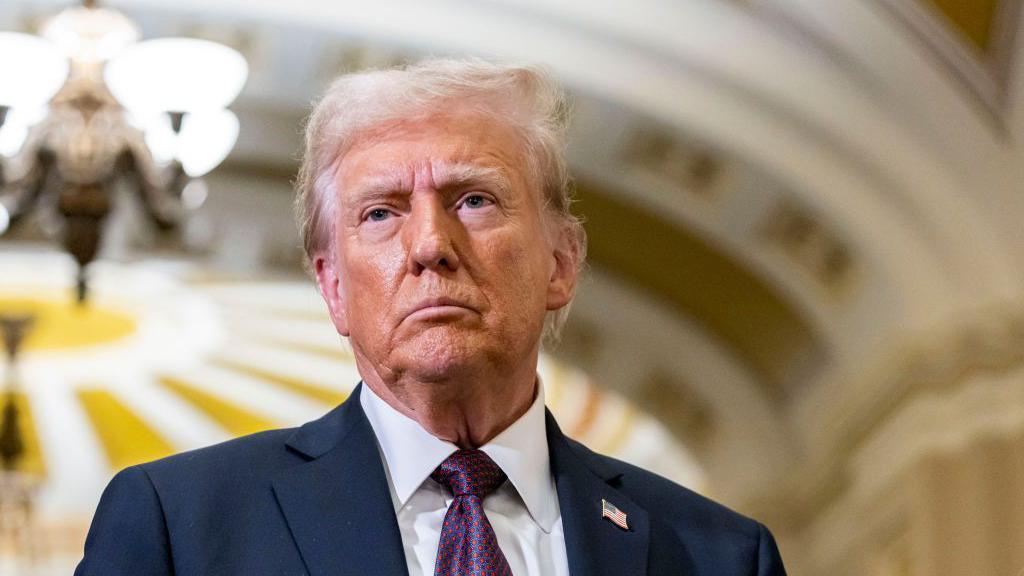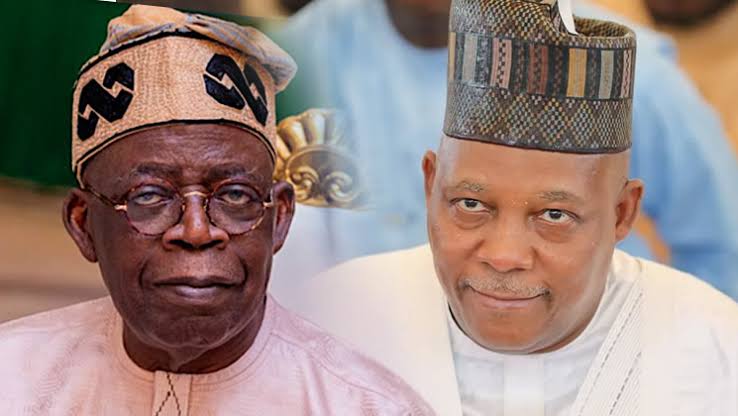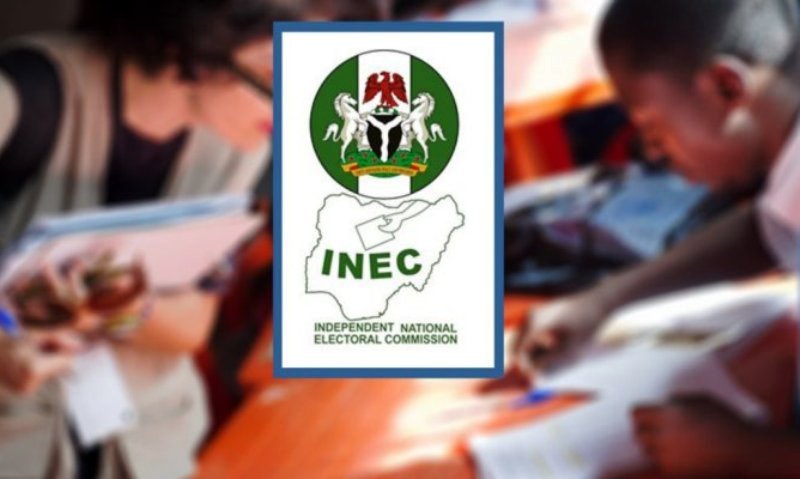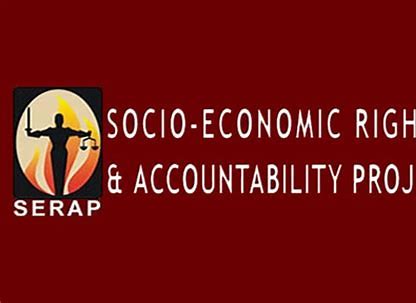The American President-elect, Donald Trump and his incoming administration has been called on “to promptly identify US-based proceeds of corruption traced to former and current Nigerian public officials and their associates and to ensure the full recovery and return of any such stolen assets to Nigeria.”
The Socio-economic Rights and Accountability Project (SERAP) in the letter dated 18 January 2025 and signed by SERAP deputy director Kolawole Oluwadare, stated that “any return of proceeds of corruption from Nigeria must meet strict transparency and accountability standards to ensure the funds are used solely for the benefit of the Nigerian people.”
The organisation further urged the incoming president to “direct the US Department of Justice to promptly initiate civil asset forfeiture proceedings against proceeds of corruption traced to former and current Nigerian public officials and their associates so as to fulfill several non-controversial commitments by the US to assist Nigeria in asset recovery matters.”
SERAP also urged him “to identify and publish the names of former and current Nigerian public officials suspected to be responsible for corruption and the depositing of its proceeds in US banks, and to apply existing US presidential proclamations to temporarily ban such officials from entering the US.”
The organisation said: “Diezani Alison-Madueke’s looted assets and other recently returned assets represent a tiny fraction of the over $500 billions that have been reportedly stolen from Nigeria and located in the US or otherwise subject to US jurisdiction.”
SERAP said, “Our requests are brought in the public interest, and in keeping with the requirements of the UN Convention against Corruption to which both the US and Nigeria are states parties.”
According to SERAP, “Proceeds of corruption from Nigeria continue to be deposited in US banks or in other locations subject to US jurisdictions.”
The request followed the recently returned $52.88 million in forfeited corruption proceeds linked to former Petroleum Resources Minister Diezani Alison-Madueke.
The letter, read in part: “We hope you and your incoming government address the legal impediments that have continued to allow corrupt Nigerian government officials to deposit and conceal their ill-gotten assets in the US and other locations subject to US jurisdiction.”
“Returning proceeds of corruption to Nigeria is a development imperative. By returning proceeds of corruption to Nigeria, the US would be contributing to the efforts to address the growing poverty in the country and achieve the Sustainable Development Goals.”
“The US has the obligations under the relevant provisions of the UN Convention against Corruption to trace, freeze and seize proceeds of corruption from Nigeria and located in the US or otherwise subject to US jurisdiction and to return the assets to the Nigerian people.”
“A whole chapter of the Convention is devoted to international cooperation in the recovery and return of stolen assets including from Nigeria (chapter V, comprising 9 articles).”
“SERAP is concerned that corruption remains a major obstacle to sustainable development, the rule of law and the effective enjoyment of socio-economic rights in Nigeria. Implementing the recommended measures would contribute to addressing these governance challenges.
“Corrupt practices have long been accepted as a fact of life and an inalienable part of the country’s ministries, departments and agencies [MDAs] and the governmental power structures across several states.”
“Nigeria’s auditor-general office annually documents widespread and systemic corruption in ministries, departments and agencies (MDAs) including in the petroleum, education, health and water sectors, plunging millions of Nigerians further into poverty. The auditor-general office has declared trillions of naira as missing or diverted.”
“SERAP urges you to promptly share information with relevant Nigerian civil society organizations on stolen assets of Nigerian origin located in the US or otherwise subject to US jurisdiction, as required by Articles 46(4) and 56 of the UN Convention Against Corruption.”
“Imposing a temporary travel ban on former and current Nigerian public officials suspected to be responsible for keeping proceeds of corruption in the US or in locations subject to US jurisdiction would not violate due process and presumption of innocence principles, as long as the reasons for the sanctions are communicated to those that may be affected.”
“According to reports, the U.S. Government and the Federal Government of Nigeria recently announced an agreement to promptly repatriate approximately $52.88 million in forfeited corruption proceeds.”
“These funds were forfeited to the United States as part of the Kleptocracy Asset Recovery Initiative of the U.S. Department of Justice. The forfeited assets had been illegally acquired using funds linked to money laundering and a conspiracy to bribe former Petroleum Resources Minister Diezani Alison-Madueke.”
“In 2007, former Chairman of the Economic and Financial crimes Commission (EFCC) Mallam Nuhu Ribadu alleged that Nigerian politicians stole over $400 billion. Former military dictator General Sani Abacha reportedly collected truck-loads of cash running into billions of naira from the Central Bank of Nigeria.”
“According to the Stolen Asset Recovery Initiative (StAR) estimates, illicit funds associated with bribes received by public officials from developing and transition countries alone are estimated at USD 20 billion to USD 40 billion per year – a figure equivalent to 20 to 40 percent of flows of official development assistance.”
“SERAP notes that Article 51 of the UN Convention against Corruption provides for the return of ‘corrupt’ assets to countries of origin as a fundamental principle. Article 43 provides likewise.”
“Similarly, under Articles 47(3)(a) and (b) states parties have an obligation to return forfeited or confiscated assets in cases of public corruption, as here, or when the requesting party reasonably establishes either prior ownership or damages to the states.”
“A resolution adopted by the Conference of States Parties to the UN Convention Against Corruption in Panama in November 2013 reaffirms this obligation, by requiring state to make ‘every effort’ to return such proceeds. to the victim state.”







